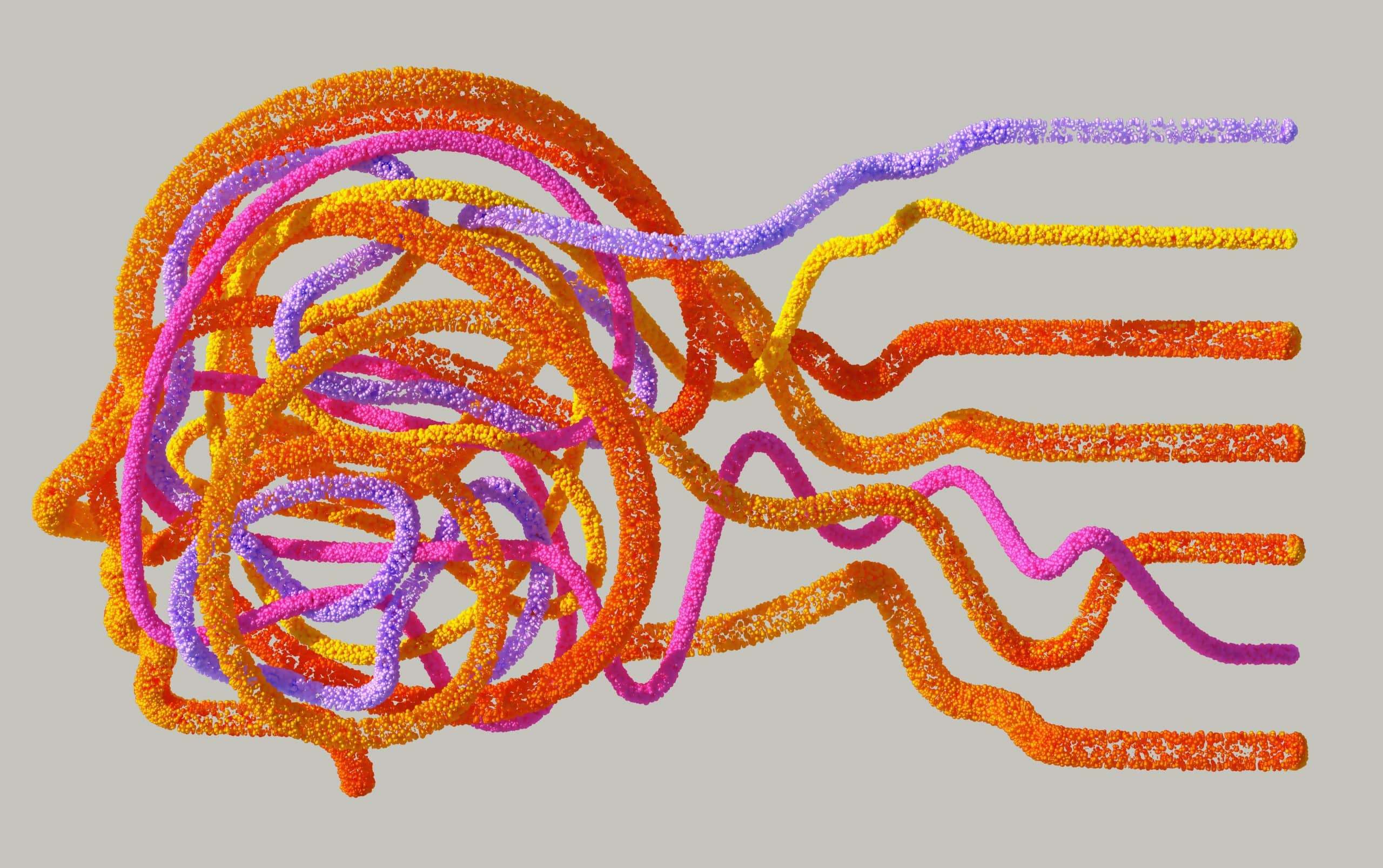There are several macronutrients you need to keep your body healthy. Protein is one of them and serves as a building block for cells located throughout your entire body. One common question that people have is related to how much of the macronutrient they need to include in their diet every day. This article explores the role of this macronutrient and discusses the daily requirements.
The Role of Protein in Your Diet
Protein has several functions in your body. In the most basic form, it consists of amino acids. These amino acids are involved in helping cells function properly in the body. This includes the ability of cells to grow, for the body to repair damaged tissue, and more. This macronutrient is found in bodily fluids, your skin, and even your bones.
In addition to the cellular level functionality, it is also necessary for producing enzymes and hormones. Both hormones and enzymes play a critical role in helping to ensure your body functions like it should. Here is an interesting fact: Researchers are not entirely sure exactly how many unique proteins the human body is capable of making. However, they estimate that there could be up to one billion unique ones.
Some of the most commonly known protein types include:
- Enzymes
- Antibodies
- Messengers
- Structural
- Transport/storage
Each of these types plays its role in helping certain functions of your body work as expected. Structural proteins, for example, ensure that the cells in your body can maintain their organization and shape. Messenger proteins are involved in transmitting signals (or messages) between different cells. Antibody proteins are involved in the immune system and help to strengthen the natural defenses of your body.
The Ideal Daily Protein Intake
Most people already get enough in their diet. A majority of individuals have been found to have a higher intake than the minimum daily recommendation. This means you are likely safe when it comes to your protein content in the meals you eat. With that said, it is still a good idea to know how much you need and to double-check that you are within this range.
A healthy person should get about 6.5 ounces of the nutrient daily. However, if you are a woman, this amount is reduced to 5.0 ounces according to the U.S. Department of Agriculture, or the USDA. One study found that the average man in the U.S. eats about 8.3 ounces, and the average woman 5.2 ounces.
If you do not have symptoms or specific concerns about a deficiency in proteins, you will not have to do any specific calculations. There are cases where you may want to increase your intake of this macronutrient, though. This includes scenarios where you increase the amount of exercise you do daily, especially when your goal is to increase your lean muscle mass. Protein can be a great addition to a weight loss diet as it helps with satiety. The macronutrient also helps to prevent muscle loss when you are trying to lose weight.










